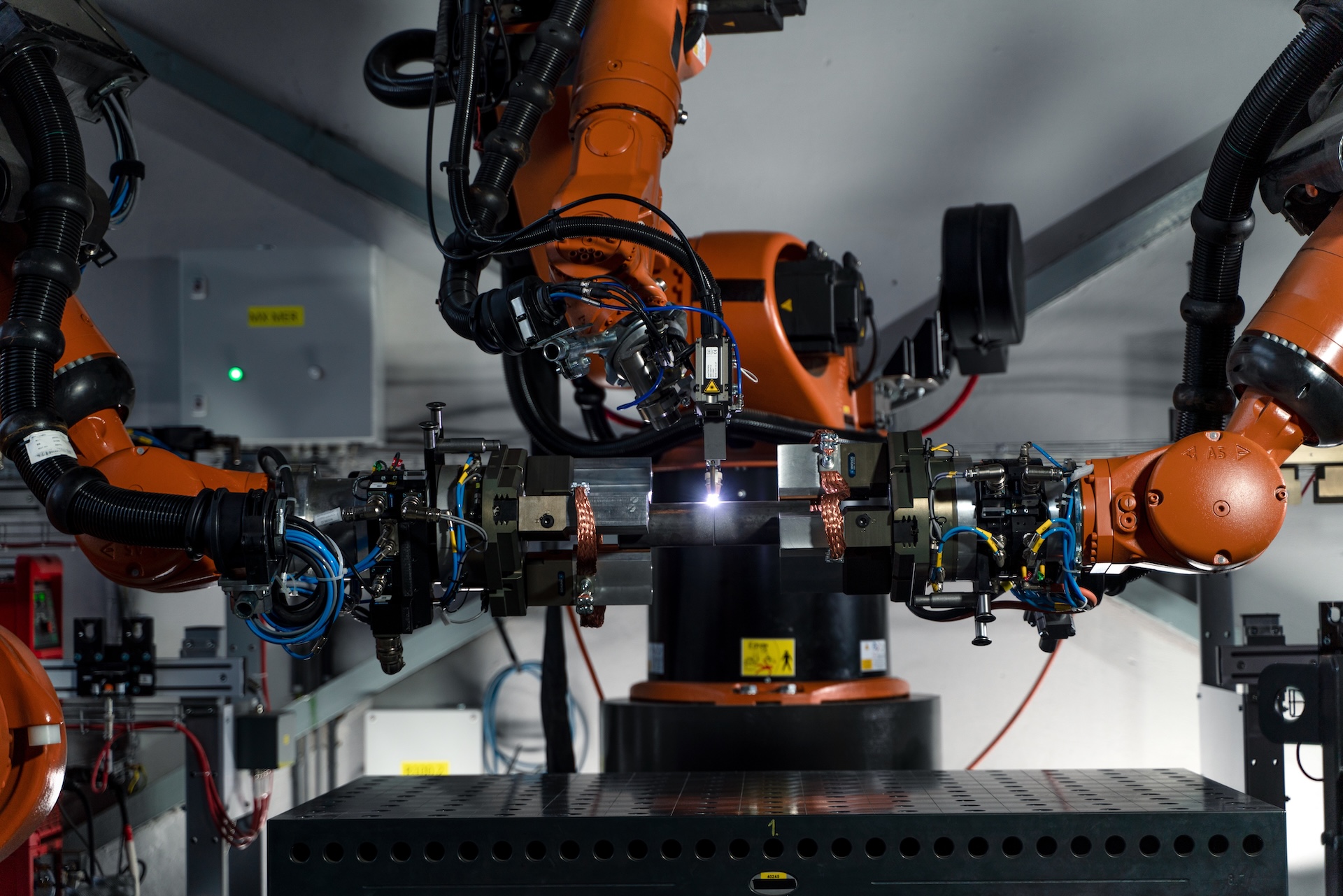From a strictly engineering point of view, industrial process automation is a decidedly mature market: after all, it is one of the first contexts to have massively adopted automation, even before the age of digital transformation. This, however, does not mean excluding a priori further room for improvement: it is precisely digital, as the lessons of Industry 4.0 have shown us, that makes possible further optimizations and efficiencies in industrial automation.
New solutions for 2025 in industrial process automation
Industry 4.0 has already been an established reality for a few years, the innovative drive of which is still being felt in some fields where digital transformation is particularly complex and for medium- and small-sized companies, which have had to wait for a greater diffusion of technological solutions suited to their size.
However, this does not mean that there is nothing new on the horizon of industrial automation.
On the contrary: precisely because the technologies are averagely known and reliable today, it is the time when adopting them to follow new trends, including in industrial process automation, is most appropriate.
By using shared paradigms and best practices, in fact, this type of innovation becomes accessible even to companies that do not have the intention or ability to make large investments in research. But what are these trends, all with an Industry 5.0 perspective? Let’s find out.
Five trends in industrial process automation for 2025
What will keep industrial process managers busy in 2025? Although, as we have mentioned, there are no major innovations from the technological point of view, if we exclude the Artificial Intelligence trend, which, however, in the manufacturing field has already been known for a number of years, there are nonetheless some themes of particular interest, dominated, as we shall see, by the increasing need for agility and sustainability. Here they are in detail.
Product Lifecycle Management evolves into a holistic approach
Product lifecycle management, or Product Lifecycle Management (PLM), expands its boundaries beyond the canonical ones of design and manufacturing. By 2025, PLM will increasingly be an organizational platform, an integrated framework that can consider the entire product lifecycle, from design to sustainability. Regesta Tech’s solutions, for example, support companies in improving production efficiency and quality through faster and more agile innovation processes and faster time-to-market.
Automation and sustainability: an increasingly close partnership
Automation and sustainability are no longer antithetical. The use of automated technologies makes it possible to reduce waste, optimize resources, and even monitor environmental performance in real time. This approach is key to meeting the growing demands of consumers and stakeholders for sustainability. With increasingly integrated and intelligent technology solutions, it is possible to make sustainability an integral part of production processes in a scalable and effective way.
Industrial process automation for SMEs: scalability is the key
Scalability is a key factor in making automation accessible to small and medium-sized enterprises. In 2025, the increasing deployment of modular and flexible solutions will also enable SMEs to implement advanced technologies without facing prohibitive costs. Regesta Tech can offer customized advice and tailored solutions capable of using the leverage of innovation to adapt to the specific needs of SMEs, ensuring sustainable growth and competitiveness.
Collaborative technologies and human-machine cooperation
Industry 5.0, which is proposed as the natural evolution of Industry 4.0 (also from the perspective of institutional attention), also focuses on human-machine collaboration. Collaborative robots (cobots), augmented reality platforms and advanced automation solutions will foster ever closer integration between human operators and automated systems, improving productivity and creating safer and more efficient work environments.
The importance of project portfolio management for agility and flexibility
Effective project portfolio management, or Project Portfolio Management, becomes all the more important as it is necessary to align the company’s strategic objectives with the demands of an increasingly rapid and demanding market. Managing projects efficiently means being able to modify, revise and organize them with the agility essential in 2025. Solutions such as those offered by Regesta Tech make it possible to monitor costs accurately, identify anomalies and risks early, and ensure the optimal allocation of resources. This approach enables companies to meet market challenges with greater agility.
Industrial process automation becomes smarter and more effective
As we have seen, industrial process automation in 2025 will be primarily governed by the theme of integrating technologies to meet the needs of sustainability, scalability, and collaboration. Enabling technologies, including Artificial Intelligence, will still be central, but we can imagine a near future in which we will move from simple adoption to maturity. Knowing how to combine flexibility and robustness is the necessary step to prepare for the next challenges and build a future-proof technology facility.
Want to know the best strategies for applying these solutions in your organization?
Contact us now, our experts are ready to answer your questions.
